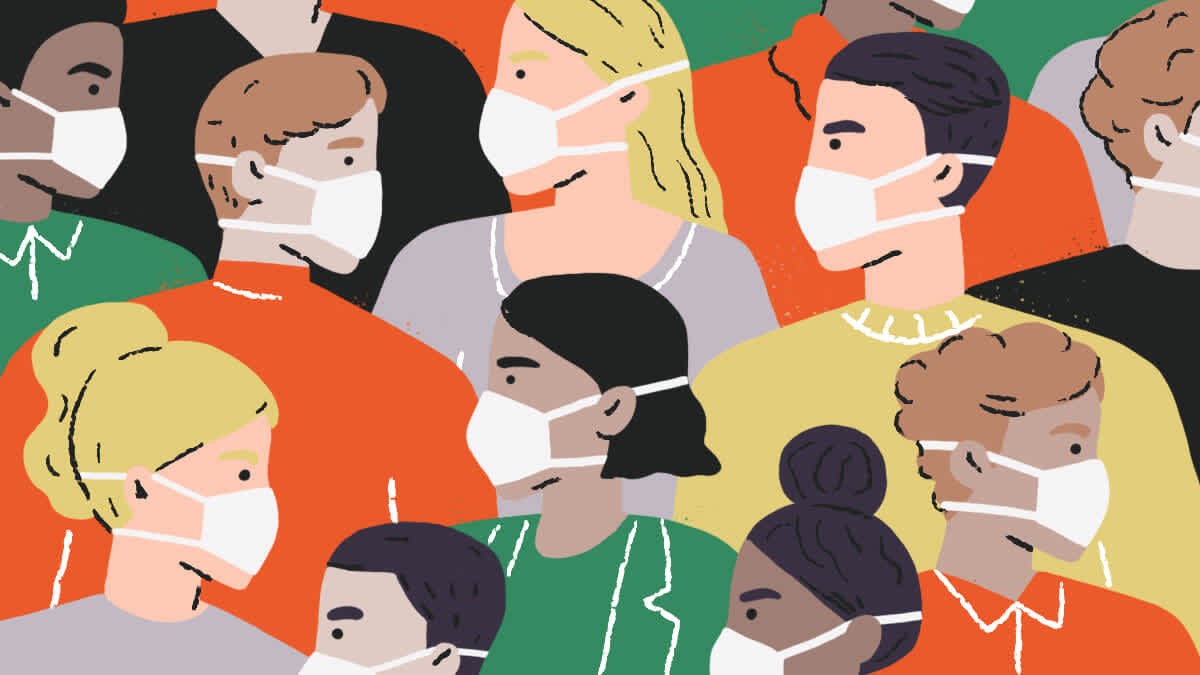During the early months of COVID-19, some car insurance companies issued refunds and even allowed customers to pause their insurance payments. This was due to a drop off in commuters, mass layoffs that affected lots of types of workers, and uncertainty about the new virus.
While COVID-19 is still around, car insurance companies are no longer offering virus-related rebates or letting you pause car insurance payments. Though companies don’t offer COVID-19 refunds anymore, you might be able to get a retroactive refund if you never received a rebate from your provider in 2020.
Are car insurance companies giving refunds due to COVID-19?
As of 2023, car insurance companies are no longer giving refunds due to COVID-19. Most companies stopped issuing refunds and waiving late fees to drivers in the later part of 2020.
While companies handled changes caused by the coronavirus pandemic differently, most car insurance companies offered rebates on your insurance policy’s payments or flat refunds to drivers. Companies also lowered rates for new customers during early 2020.
Rates have climbed back to pre-pandemic levels (or higher) and car insurance companies are no longer waiving late fees or excusing missed payments.
If you were eligible for a discount or rebate in 2020 from your auto insurance company but never received any paybacks or refunds, it might be worth it to contact your insurance provider to see if you can still get that discount.
What if you can’t pay for car insurance because of COVID-19?
If you can no longer pay for your car insurance because of COVID-19, you won’t be able to pause your coverage without canceling it. Canceling your coverage outright will make it illegal for you to drive in most states, and will lead to higher rates in the future.
Instead of canceling your policy, you could lower your coverage levels, switch to usage-based insurance, or consider a per-mile insurance plan if you don’t drive very much.
→ Read more about pausing and canceling your insurance
Which car insurance companies offered COVID-19 refunds?
While you can’t get COVID-19 refunds anymore, most major auto insurance companies offered refunds and other perks to customers due to the stay-at-home orders across the country.
This table references policies from 2020 — these are no longer in effect.
Allstate: 15% money back based on premiums in April and May. Extended coverage to policyholders using their personal vehicles to deliver food, medicine, and other emergency goods.
Amica: 0% credit on April and May premiums. No policy cancellations or non-renewals until June.
Chubb: 35% premium reduction for the months of April and May.
CSAA: 20% refund for two months of auto insurance premiums. Paused non-payment policy cancellations until May 31.
Farmers Insurance: 25% premium reduction in April. Paused non-payment policy cancellations until May 1.
GEICO: 15% credit to eligible policyholders as their policy comes up for renewal and paused non-payment policy cancellations until at least April 30.
Liberty Mutual: 15% refund on two months of auto premiums. Stopped late fee charges and non-payment policy cancellations.
Mercury Insurance: 15% off monthly auto insurance premiums in April and May.
Nationwide: $50 one-time premium refund per policy.
State Farm: On average, most customers received a 25% policy credit.
Travelers: 15% credit on April and May premiums
USAA: 20% credit on two months of premiums for eligible policyholders, plus no policy cancellations or late fees through June, 17 2020.
How do you contact your company about a missed COVID-19 refund?
Insurance companies are no longer offering refunds related to the COVID-19 pandemic. After fall 2020, most companies stopped offering refunds. After the vaccine became widely available, all refunds stopped entirely.
The only way you might be able to get a COVID-19 insurance discount is if you were eligible in 2020 but never received a payout. For instance, if your provider gave all policyholders a rebate and you were missed, it might be worth contacting your insurer about now.
You can contact your insurance provider over the phone or by using their 24/7 help line. You might be able to raise the issue of a missed discount via email or live chat on your insurance company's website.
Should I reduce my car insurance if COVID-19 changed how much I drive?
It’s not uncommon for companies to have switched to a work-from-home schedule because of the COVID-19 pandemic. If you’re not commuting as much as you were before the pandemic, you might be tempted to get rid of your insurance coverage to get cheaper insurance.
As long as you plan to drive, you can’t cancel your auto insurance. Driving without car insurance in nearly every state is illegal and can result in fines, a suspended license, and more if you’re caught. Plus, you’d have to pay for any damage you caused in a crash yourself.
If you’re considering getting rid of your policy’s comprehensive and collision coverages, make sure that you would be able to pay for your car’s damage yourself if it were damaged.
Even without a commute, your car could still be damaged by the weather, an animal, or stolen — and without full-coverage insurance protection, you wouldn’t be covered.
You should inform your current car insurance provider that you’re driving fewer miles, you may qualify for a low-mileage discount thanks to your new schedule. It might also be a good idea to consider switching from a conventional to a per-mile car insurance plan. If you rarely drive, what you pay for insurance coverage will be less with per-mile insurance than a regular policy.
If you think you’re paying too much for car insurance, be sure to shop around and compare rates from multiple companies. You may be able to find a company that will match your current coverage for much more affordable rates.



